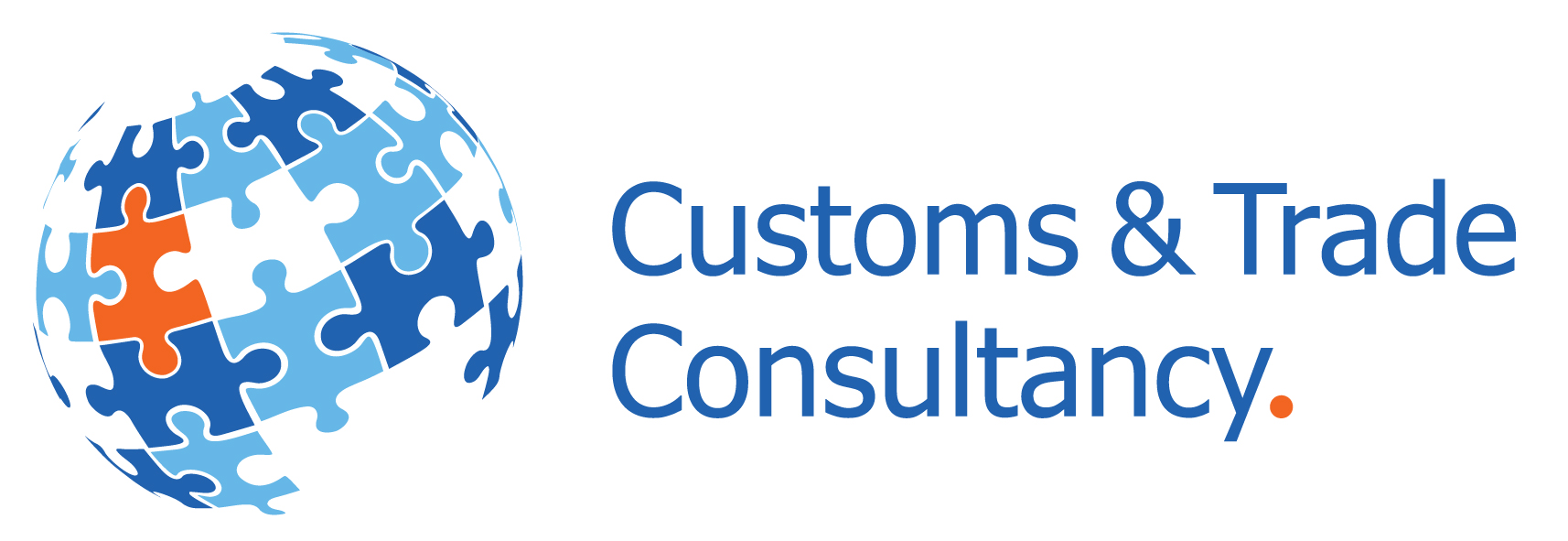06 November 2024
Easement of import checks measure extended
The UK authorities at a border control post (BCP) must be notified at least one working day before the expected arrival of a consignment of controlled products which are intended for import into or transit across GB. This notification must be submitted on IPAFFS (Import of Products, Animals, Food and Feed System) using a common health entry document (CHED-D). A CHED-D is mandatory for all imports of feed and food of non-animal origin.
Changes to CHED-D
The CHED-D is completed by the person responsible for the load and is a legal document. It is therefore important that the CHED-D is completed fully and accurately.
To support this objective, DEFRA has been working to streamline the CHED-D, making it easier for importers to GB to navigate the IPAFFS system and to ensure improved traceability and intelligence gathering.
From 7 November, importers using CHED-D will see small changes to the questions asked when submitting their IPAFFS details.
For example, the option ‘for transfer’ as the reason for importing the consignment will be removed. Instead, one can choose between ‘Internal market’ and ‘Non-internal market’ to differentiate consignments that are intended for use in Great Britain and consignments that are not intended for use in Great Britain and will be exported to a different country. Note that consignments intended for Northern Ireland will require ‘Non-internal market’.
Furthermore, from 21 November the EU and EFTA countries will be removed from the drop box, when asked the ‘Origin of the animal or product’. Instead, importers must select the actual country of origin (for example, Italy or France), which means that importers must have a detailed knowledge of the origin of their products.
Export health certificates
Some consignments, such as live animals and products of animal origin, require an official health certificate as part of the import conditions. A health certificate will need to be submitted to the Port Health authorities in the original format.
Alternatively, one can use a digitally signed and verifiable export health certificate in place of the paper version for imports from EU and EFTA countries. Electronically verified PDF health certificates will be accepted if generated from TRACES (Trade Control and Expert System) and other EU/EFTA MS systems listed on the UK government website.[1]
Please note that, as of July 2024, scanned copies of paper health certificates are no longer allowed, and the local port health authorities will request the original paper version. The consignment may be held until the original paper certificate has been provided.
This means that it is preferable (where possible) to use verifiable PDF health certificates to accompany your consignment and ensure that the original paper copy is made available in the event that a verifiable PDF health certificate is not available.
Please get in touch with us now
If you have any questions about import requirements and the accompanying paperwork, please get in touch with us today.
[1] https://www.gov.uk/government/publications/countries-great-britain-will-accept-validated-pdf-gb-health-certificates-from/how-to-get-validated-pdf-gb-health-certificates-for-imports-of-live-animals-and-products-of-animal-origin-to-great-britain





